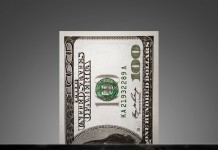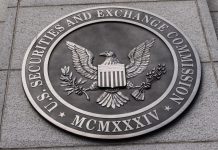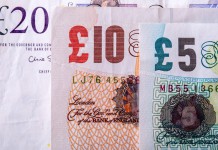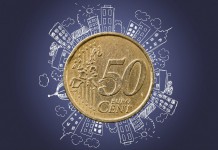Retaliation in Syria still “when not if”
The words of President Trump yesterday illustrated quite clearly that he had been shown, in private, that his dealing of a growing geo-political crisis on social media was not necessarily the most prudent or sensible route to take.
On Wednesday he had told the Syrian regime (and its Russian) supporters to “expect rockets” Yesterday his comments were more considered, and he was prepared to delay a little until either there is confirmed proof, or the UN provides authority. The latter is most unlikely since Russia has already vetoed one resolution and is certain to veto any retaliation.
The dollar’s recovery on the back of slight improved risk appetite could be short lived as his advisors won’t be able to keep the President shackled for too long. France and the UK backed targeted action in retaliation yesterday but there has so far been no reaction so far from Germany or Brussels.
It is increasingly difficult to trade the dollar now given the inconsistency of the drivers and there has been a consequential increase in the volume of cross trades.
Volatility remains quite high, but direction is a concern. Major trends remain intact but picking levels has become an issue since reactions to minor pieces of news create 20/30 pip reversals.
UK Rate hike probable not certain.
 It seems incongruous to still be discussing a rate hike in the UK in a week that has seen weak economic data releases. The one bright piece of data was the Halifax House Price index which rose by 2.7% YoY, far more strongly than had been expected.
It seems incongruous to still be discussing a rate hike in the UK in a week that has seen weak economic data releases. The one bright piece of data was the Halifax House Price index which rose by 2.7% YoY, far more strongly than had been expected.
That however, should have been overshadowed by the RICS data on market activity which showed that actual transactions have been falling for twelve months and reached the lowest for several years in March.
It seems that although prices have been rising the number of properties sold has plummeted. This fact alone should bring caution to the MPC.
With Sterling have traded at the top end of its recent range for some time now, the positive effect on inflation should also be seen when the March data is released next week. Should the headline fall to below 2.5%, it is hard to imagine a rate hike unless wage inflation, also to be released next week, is considerably above expectation.
Sterling seems to have broken the shackles versus the single currency breaking through the 0.8700 support. With the two central banks seemingly in agreement that they want the rate closer to 0.8500, the old adage regarding Central banks and their wishes comes into play. That is strong enough with one, but two? Let’s see!
ECB concerned over Euro strength.
 For the single currency to be considered as a replacement for the dollar as the global reserve currency it will need to exhibit strength and consistency. In recent times it has found the latter relatively simple but given the ECB’s concerns over currency strength according to the most recent ECB minutes that desire appears to have been shelved for now. It will only be taken down and dusted off should Jens Weidmann be elected President at the end of Mario Draghi’s term in November next year.
For the single currency to be considered as a replacement for the dollar as the global reserve currency it will need to exhibit strength and consistency. In recent times it has found the latter relatively simple but given the ECB’s concerns over currency strength according to the most recent ECB minutes that desire appears to have been shelved for now. It will only be taken down and dusted off should Jens Weidmann be elected President at the end of Mario Draghi’s term in November next year.
There is little doubt that the Bundesbank believes in a strong currency as a natural buffer for inflation but given the disparity between the nineteen economies of the Eurozone, it may not be the best policy for the entire region which believes it can take a little inflation provided the currency is at a level that allows it to export competitively.
The minutes also hit upon the trade war concerns but since they have cooled a little since the meeting any reaction was muted.
Next week’s inflation data could see the MoM fall below 1% although the YoY should be unchanged at 1.4%. Still too high for Herr Weidmann!
















